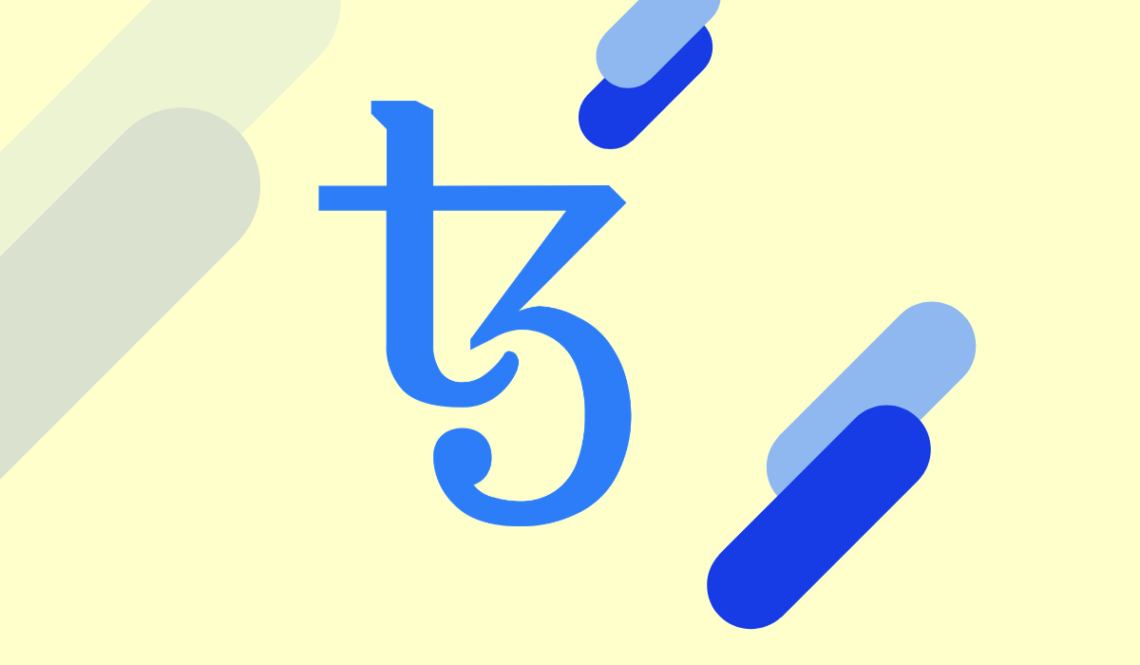- Johann Tanzer, a developer for the cryptocurrency Tezos, has organized a price pool worth $1,000.
- Tanzer’s idea is to contribute to the popular Folding@home medical research project that hopes to figure out protein folding structures.
- Tanzer stated the announcement of the prize pool that he had been a “fan and supporter” of the project for years now.
Johann Tanzer, a developer for the cryptocurrency Tezos, has organized a price pool worth $1,000. For those willing to contribute digital resources to a medical research project in order to fight the novel coronavirus (COVID-19).
Tanzer’s idea is to contribute to the popular Folding@home medical research project that hopes to figure out protein folding structures. Folding@home is a project by Pande Lab, as a part of the Stanford University, and the Stanford University Medical Centre.
Tanzer stated the announcement of the prize pool that he had been a “fan and supporter” of the project for years now. Another popular Tezos developer, LetzBlake, is responsible for a large contribution to the $1,000 prize pool and it is likely to grow over time.
Tanzer will choose the best contender with the most lent computing power at the end of the month on March 30. Depending on the participation levels, there might also be a split in the prize pool to reward more top contenders.
Participants are encouraged to use ASICs (application-specific integrated circuits) to contribute to the project in order to maximize their lent compute resources and gain a top spot on the competition.
Proteins are essentially the bast components for all living organisms and lie at the root cause for almost all life itself. But this means that proteins also form the building blocks for harmful organisms like viruses and bacteria too.
Proteins fold in very complex patterns and figuring out the right folding structures can help scientists understand how to synthesize drugs so that they can prevent such viral infections at the protein level itself. Folding@home works on protein folding research in a way that is quite similar to “mining” in the cryptocurrency community.
Individuals who chose to become part of the research, become a node on the network using software provided by Folding@home, and they dedicate a portion of their system resources in a pool of computing that is then used to crunch the numbers in protein folding research.
In short, Folding@home crowdsources their compute needs to the public to conduct medical research. The potential that solving protein folding has impacts far more wide-reaching than just the coronavirus outbreak.
Understanding protein folding can also help solve most diseases like cancer, Ebola, Zika, Alzheimer’s, etc., create anti-aging, and many other groundbreaking innovations in the field of human biology.
Steve Anderson is an Australian crypto enthusiast. He is a specialist in management and trading for over 5 years. Steve has worked as a crypto trader, he loves learning about decentralisation, understanding the true potential of the blockchain.


 Home
Home News
News










